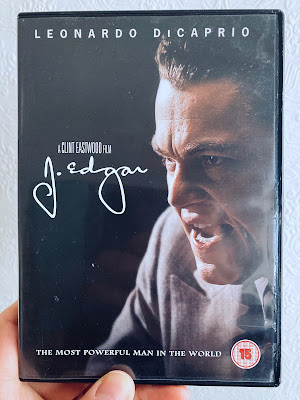Woeful musical that has dated very badly.
Grace Kelly plays Tracy, a wealthy divorcee who is about to remarry a new sweetheart. Bing Crosby plays her ex. When a journalist (Frank Sinatra) comes to her home, she is torn between the three men.
It’s extremely wooden. The songs aren’t very memorable and there aren’t even very many of them. They seem like last-minute hackwork. Likewise, the script appears to have been written on the day they shot it.
Louis Armstrong plays himself as a band leader and – despite the half-baked material – his singing, along with Crosby’s and Sinatra’s, is probably the best thing about the film. Otherwise, it completely lacks artistry.
It’s erratic and uneven. Early on, there’s the suggestion that it could become a farce or a comedy of manners when a father and uncle have to switch places. But this thread is quickly abandoned and no comedy ensues. Likewise, Tracy’s young sister is active for the first third and then drops out of the film, perhaps because the writers didn’t know what to do with her. It’s not funny or romantic and it doesn’t even really work as a musical. What a mess.















